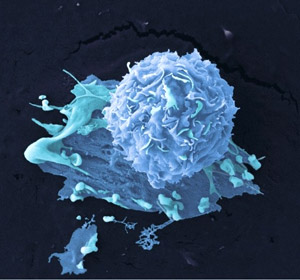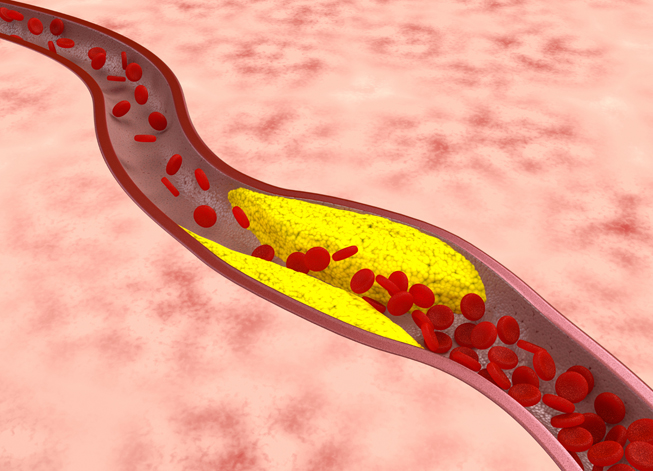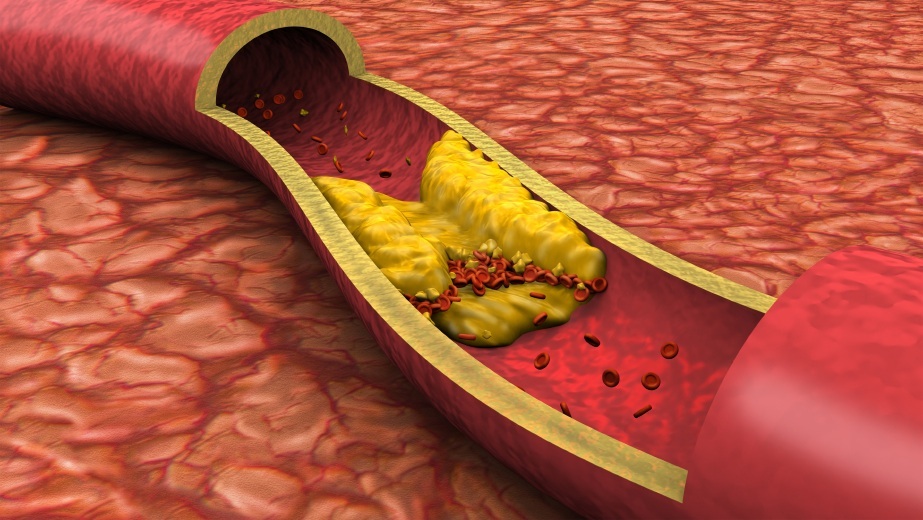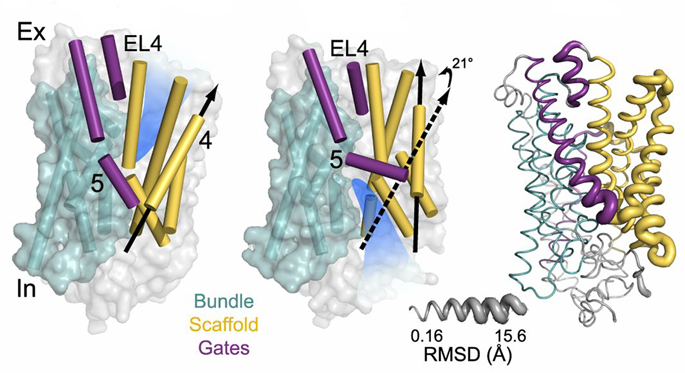Aliquots
-

Cognitive changes in ‘standing’ syndrome
Patients with orthostatic intolerance – problems when standing – have cognitive changes, even when seated, compared to healthy individuals. Read MoreJan 13, 2015
-

Does fish oil help prevent A-fib?
Growing evidence suggests that fish oil, thought to directly prevent inflammation, oxidative stress and heart disease, may have limited clinical utility. Read MoreJan 9, 2015
-

Enzyme affects tumor metastasis
A protein that degrades the “matrix” between cells participates in the development of lung metastases from primary breast cancer in mouse models and may be a good target for breast cancer treatment. Read MoreJan 8, 2015
-

Atrial disease and hypertension links
New findings suggest that misfolded proteins accumulate in the heart atria, particularly in patients with hypertension, and may contribute to atrial heart disease. Read MoreDec 18, 2014
-

Target for atherosclerosis therapies
A newly identified “atheroprotective” gene is a tool for exploring plaque pathophysiology and may be a good target for therapies to slow atherosclerosis progression. Read MoreDec 17, 2014
-

Retinal neuron survival in glaucoma
Understanding how the protein TRPV1 helps neurons survive after glaucoma-related stressors could lead to new therapeutic strategies for glaucoma and other neurodegenerative conditions. Read MoreDec 16, 2014
-

Bacterial secretion machinery: 3-D view
New structural findings reveal how "gatekeeper" proteins participate in the secretion systems bacteria use to infect host cells. Read MoreDec 11, 2014
-

New tools to probe manganese biology
Vanderbilt researchers have developed tools to probe the role of the essential metal manganese in neurons, and which offer a started point for developing therapeutic agents for manganese-related neurological disorders. Read MoreNov 26, 2014
-

Protein implicated in atherosclerosis
Vanderbilt researchers have discovered a new target for the prevention of atherosclerotic plaque development and cardiovascular disease. Read MoreNov 25, 2014
-

Gene influences allergies in asthma
A particular gene is associated with a specific type of inflammatory response in people with asthma – a finding that could suggest new therapeutic targets for treating asthma. Read MoreNov 24, 2014
-

Host sequesters zinc to control stomach bug
Understanding how zinc and the host’s immune response control H. pylori’s cancer-causing potential could suggest new therapeutic strategies to reduce infection and cancer risk. Read MoreNov 21, 2014
-

New insight on oral cancer culprits
A new mouse model offers insight into the signaling pathways that control oral cancers – and a platform for testing anticancer therapeutics. Read MoreNov 12, 2014
-

Protein “pockets” help ID cancer genes
Vanderbilt investigators have used a computational biology approach to uncover new cancer drivers and biomarkers of anticancer drug response. Read MoreNov 11, 2014
-

Overactive stress response in obesity
An overactive stress response contributes to the development of insulin resistance in obese individuals, and blocking it may be therapeutically beneficial. Read MoreNov 7, 2014
-

Immune cell activity and melanoma
The activity of a certain factor in immune cells is essential for an anti-tumor response, emphasizing the need to consider the effects of anti-cancer therapies on immune cells. Read MoreNov 6, 2014
-

Key to prostate cancer resistance
A combination of two types of therapy may be more effective in treating castration-resistant prostate cancer. Read MoreOct 29, 2014
-

Peptide quells “genomic storm”
A cell-penetrating peptide developed at Vanderbilt blocks the signaling pathways that lead to lethal shock caused by bacterial infection. Read MoreOct 28, 2014
-

Immune cells’ role in hypertension
Vanderbilt researchers have discovered that certain immune cells contribute to the development of hypertension, suggesting novel targets for treating the disease. Read MoreOct 24, 2014
-

New view of transporter dynamics
New insights to the workings of a protein that moves neurotransmitters across the nerve cell membrane could aid the design of more effective antidepressants. Read MoreOct 23, 2014
-

Antibiotics, fetal vessel defect linked
Certain antibiotics increase the risk of a congenital heart disorder called patency of the ductus arteriosis. Read MoreOct 15, 2014